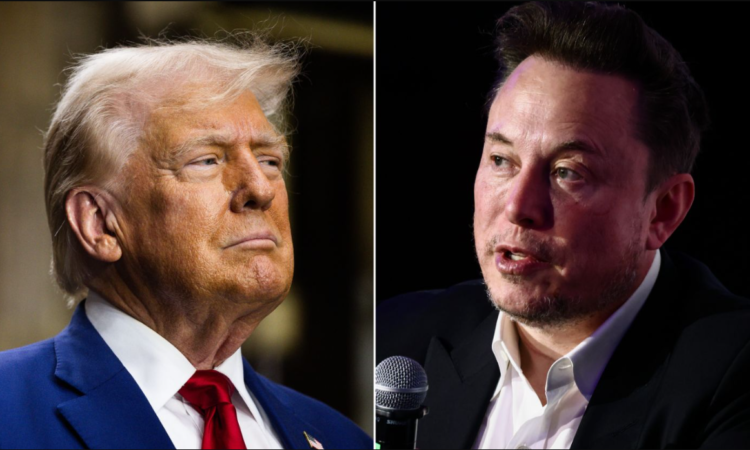
A federal judge has ruled that Elon Musk and his government efficiency team, known as DOGE, cannot access private data from the U.S. Treasury Department. The decision was made on Saturday to prevent Musk and his team from retrieving sensitive information about Americans.
Musk’s DOGE group was created to help reduce government spending by cutting trillions of dollars from federal programs. However, many lawmakers and critics have raised concerns that Musk and his unelected team were being given access to highly confidential data, including Social Security numbers and banking details. They argued that allowing an outside group to handle such private information was risky and could lead to misuse or security threats.
U.S. District Judge Paul A. Engelmayer ruled that Musk and his team must delete any copies of Treasury Department records they may have obtained. In his order, the judge made it clear that any documents or data taken from the government’s systems must be permanently removed.
The ruling also blocks President Donald Trump’s administration from giving access to this type of sensitive information to people designated as “special government employees.” The White House had classified Musk under this category, allowing him to work on government projects without officially being a federal employee. The Treasury Department had recently introduced a new policy that allowed these special employees to access confidential financial records, which is what sparked the legal battle.
A court hearing is scheduled for February 14 to further discuss the case and determine the next steps.
This ruling came after more than a dozen state attorneys general filed lawsuits to prevent Musk from accessing the data. New York Attorney General Letitia James was one of the key figures in the legal challenge and celebrated the judge’s decision.
“This morning, we won a court order stopping Elon Musk, the world’s richest man, from accessing Americans’ private data,” James announced on X (formerly Twitter). “Musk and his employees must delete all records they obtained. I’ve said it before, and I’ll say it again: no one is above the law.”
James strongly argued that neither President Trump nor Musk had the right to control or share private government data without proper approval. She emphasized that access to such sensitive information should not be granted based on personal connections or political decisions.
“President Trump does not have the power to give away Americans’ private information to anyone he chooses,” she said after filing the lawsuit. “He also cannot cut federal payments that Congress has already approved. Musk and DOGE have no legal authority to access private data or interfere with crucial government funding. I am taking action to protect people’s personal information and to prevent any unconstitutional freeze on essential funding that millions of Americans rely on every day.”
This case has drawn national attention as it raises questions about government transparency, data security, and the balance of power between elected officials and private individuals. Many are watching closely to see how the upcoming hearing in February will shape the future of government data protection and Musk’s role in federal decision-making.




